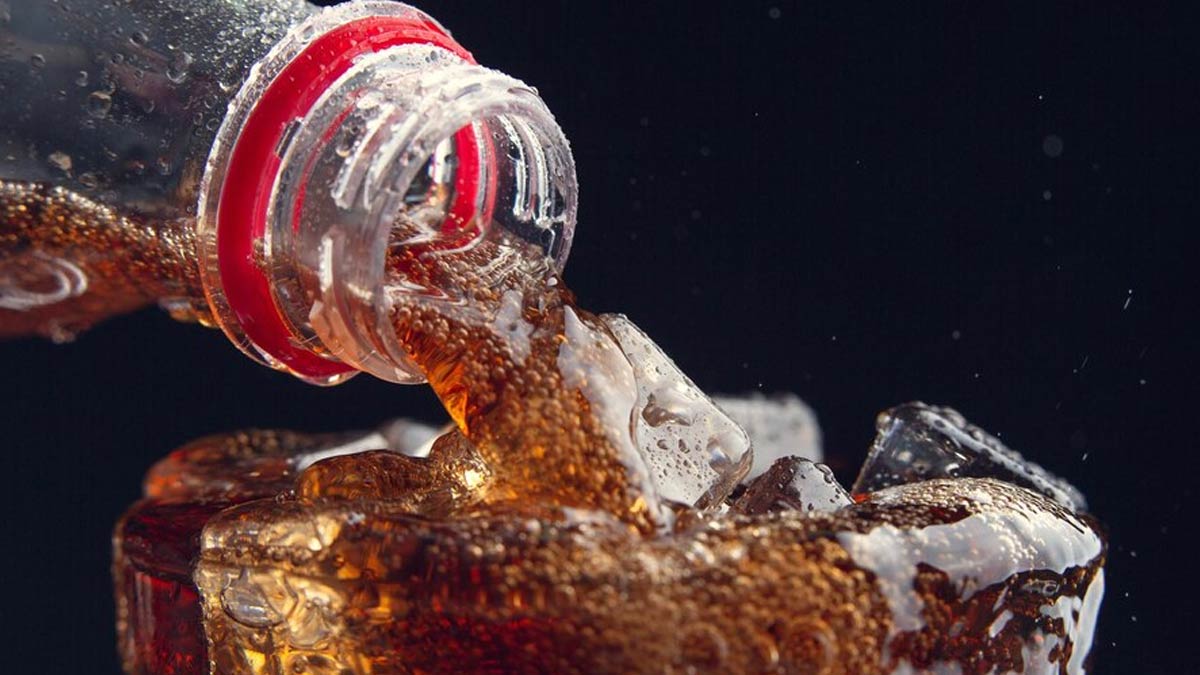
Caffeine - the lifeblood of many adults, fueling our mornings and powering us through the day. But what about children and teenagers? Is their growing dependence on caffeinated drinks a cause for concern?
Table of Content:-
For teenagers, aged 12 and above, according to the American Academy of Child and Adolescent Psychiatry, a moderate amount of caffeine, around 100mg daily (roughly a cup of coffee or two colas), is considered safe. However, exceeding this limit can be detrimental. For children under 12, caffeine intake should ideally be avoided altogether.
How Caffeine Affects Young People
The concern lies in the fact that children's bodies are still under development. Caffeine acts as a stimulant, affecting the central nervous and cardiovascular systems. The Johns Hopkins Medicine states that this stimulating effect can disrupt their sleep patterns, which are crucial for growth, cognitive function, and emotional well-being. This can lead to a vicious cycle - poor sleep leading to daytime fatigue, prompting them to consume more caffeine for a temporary energy boost.

While the desire to stay awake and alert might seem understandable, excessive caffeine intake can manifest in various other ways for children and teenagers, impacting their physical and mental health:
- Anxiety and Irritability: Caffeine can heighten anxiety levels, which are already common during adolescence due to hormonal changes and social pressures.
- Sleep Disruption: As mentioned earlier, caffeine disrupts sleep patterns by interfering with the body's natural sleep-wake cycle (circadian rhythm). This can lead to difficulty falling asleep, staying asleep, and experiencing restless nights. The lack of quality sleep can then impact concentration, mood, and overall health.
- Stomach Issues: Caffeine is a diuretic, meaning it increases urination and can lead to dehydration. This dehydration can contribute to constipation and worsen existing conditions like Irritable Bowel Syndrome. Additionally, caffeine can irritate the stomach lining, causing heartburn, acid reflux, and stomach upset.
- Calcium Deficiency: High caffeine intake may hinder calcium absorption, impacting bone health during crucial growth years, and increasing the risk of fractures and osteoporosis later in life.
- Addiction Potential: Regularly consuming high doses of caffeine can lead to dependence. When they attempt to cut back, children and teenagers might experience withdrawal symptoms like headaches, fatigue, and irritability.
Also Read: Consider Yourself A Coffee Lover? Study Reveals That Caffeine Can Harm Your Decision-Making Skills

Other Caffeinated Beverages
It's not just coffee and soda that teens are guzzling. Energy drinks, sports drinks, and even certain teas can be loaded with caffeine. The concern is that these beverages are often marketed in a way that downplays the caffeine content, making it difficult for young people to track their overall intake. Furthermore, energy drinks often contain other ingredients like sugar, artificial sweeteners, and taurine, whose combined effects on young bodies are not fully understood.
Also Read: Superfoods That Can Help Your Child Increase Their Height
Addressing caffeine intake in children and teenagers is a collaborative effort. Schools can play a role by promoting healthy eating habits and educating students about the effects of caffeine. Healthcare providers can open a dialogue with parents and teenagers about responsible caffeine consumption. By working together, we can ensure that young people have the information and support they need to make healthy choices and avoid the potential health risks associated with excessive caffeine intake.
How we keep this article up to date:
We work with experts and keep a close eye on the latest in health and wellness. Whenever there is a new research or helpful information, we update our articles with accurate and useful advice.
Current Version